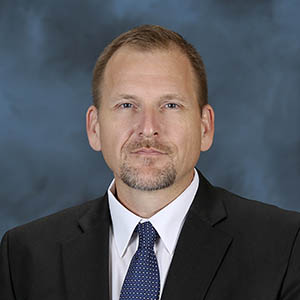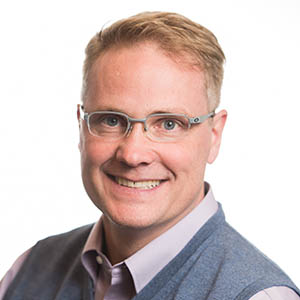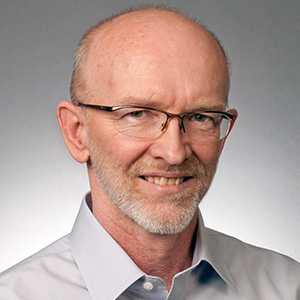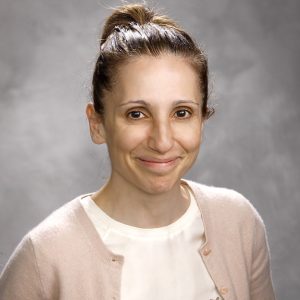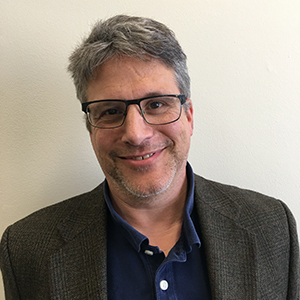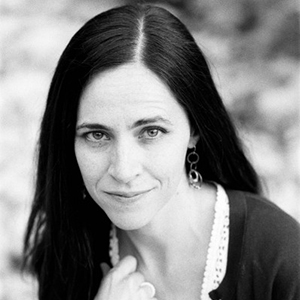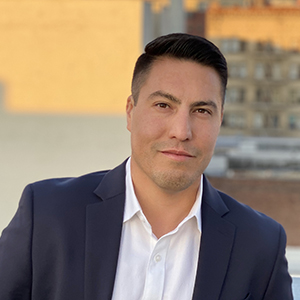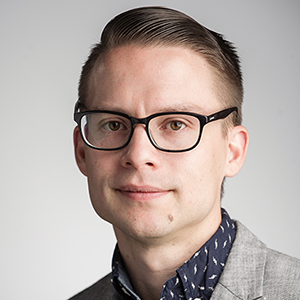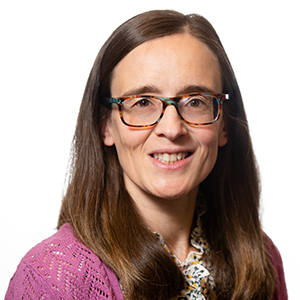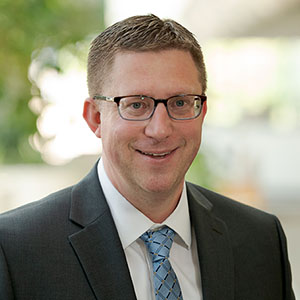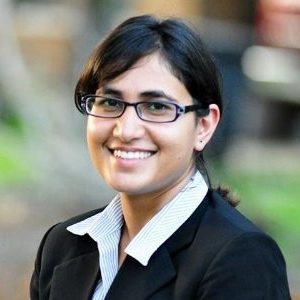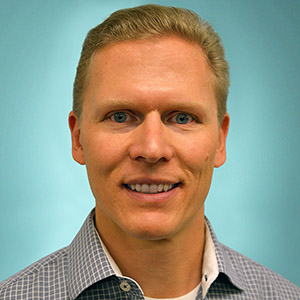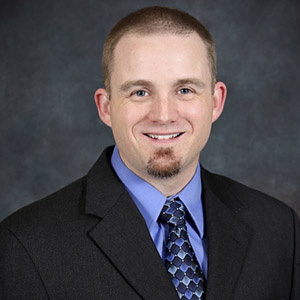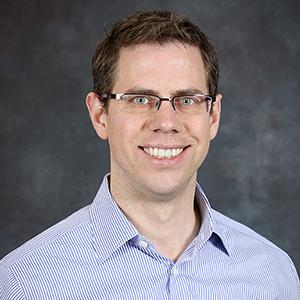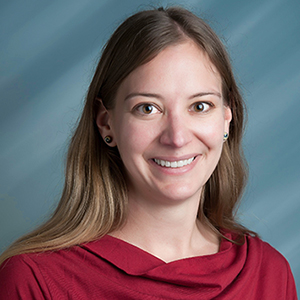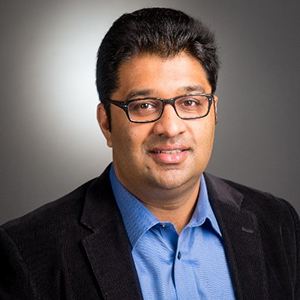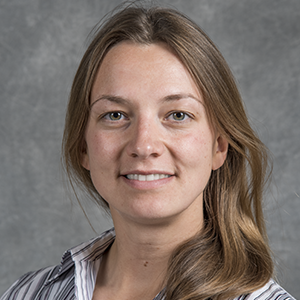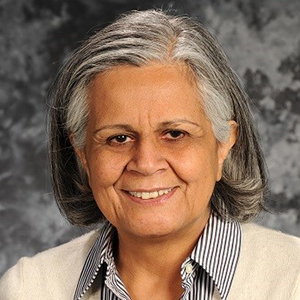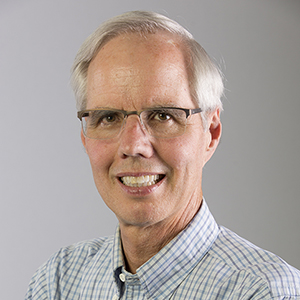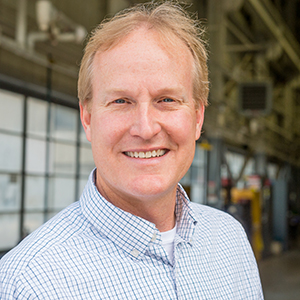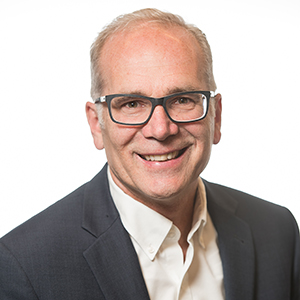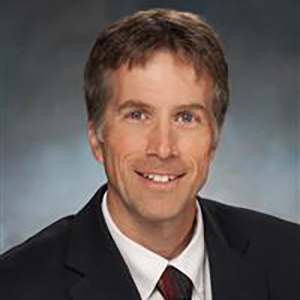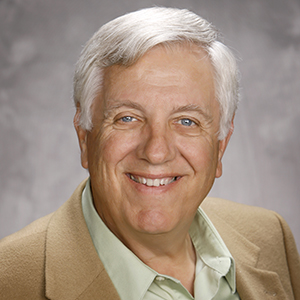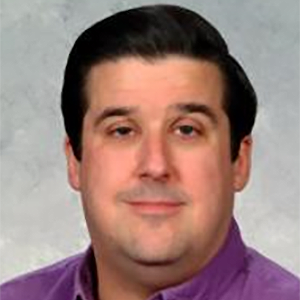Magdalene Ramirez-Corredores (INL)
Dr. Magdalena Ramirez-Corredores, is a Distinguished Scientific Researcher, in Idaho National Laboratory (INL) since 2016. She gained her previous industrial research experience at KiOR LLC, BP International Ltd and PDVSA. She is a fellow researcher with a successful track in the invention and development of emerging process technologies. Technical areas of expertise include: biomass conversion for the production of renewable fuels and green chemicals; oil refining (hydrocarbon conversion: isomerization, etherification, dehydrogenation and hydrogenation; catalysis; treatments, upgrading and hydroprocessing of unconventional oils; hydrotreatment; biocatalysis, nanocatalysis), separation processes (molecular and catalytic distillation; adsorbents and adsorption processes; extraction, etc); design, selection and commissioning of experimental rigs and equipment for material characterization, and for catalytic and process work. Management areas of expertise include: technology foresighting, competitive intelligence, knowledge management and science & technology strategy, management of multicultural, multidisciplinary and multitasking environments, and Academa – Industry engagement. She has 60 inventions described in 51 US patents (9 cases still pending in the United States) and more than 180 worldwide awarded patents, on chemical and physical processes,as well as on catalysts and catalytic technologies. She has authored 108 publications (2 books, 7 monographs, 63 articles and 36 conference papers). Her total number of citations (excluding all authors’ self‐citations) exceeds 1600, for an h-index of 22. She earned her doctorate in chemistry at the University of Bath and her BSc in Chemistry at Universidad Central de Venezuela, Caracas in 1974. She is also a recipient of the highest industrial research awards from her country of origin, Venezuela: the Exceptional Contributions Award, PDVSA 2001 and National Award on Technological Research, CONICIT 1991.

